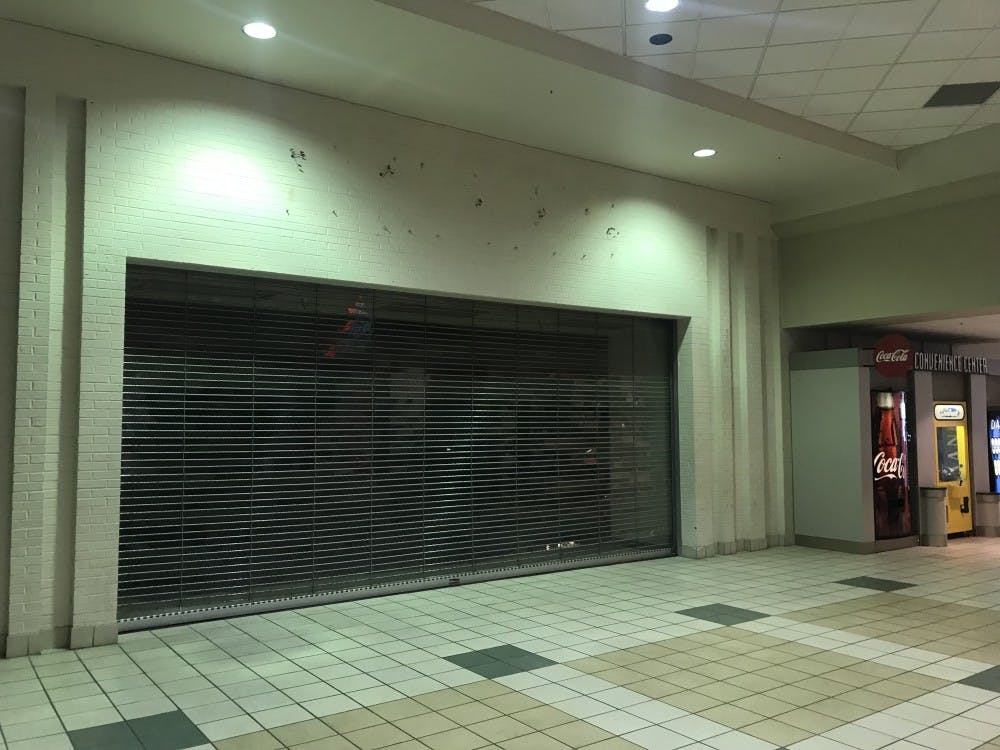NEW YORK - The National Hockey League canceled two weeks of the regular season Thursday, the second time games have been lost because of a lockout in seven years.
The announcement was made in a two-paragraph statement from the NHL. It isn't clear if those games will be made up, allowing for a complete 82-game regular season, if a deal can be struck soon with the locked out players.
Unable to work out how to split up $3 billion in hockey-related revenues with the players' association, the NHL wiped out 82 games from Oct. 11 through Oct. 24 - beginning with four next Thursday, which would have been the league's opening night.
Neither side had an immediate reaction to the cancellations, but the NHL said it would issue a statement later Thursday.
Although there have been negotiations between the league and players in recent days - unlike the 2004-05 lockout that forced the cancellation of the entire season - the two sides haven't gotten any closer to a deal on core economic issues.
In the previous lockout, the NHL and the union didn't get together between early September and early December.
Back then, the key words in the negotiations were salary cap, linkage and cost certainty. Commissioner Gary Bettman and the owners were committed to getting a deal that linked team costs to revenues, so each club would know exactly how much it had to spend on payroll and what number it couldn't exceed.
Thus a salary cap was born for the first time in NHL history. The league produced record revenue during the seven years of that deal, which turned out much better for the players than expected.
There are no major philosophical issues this time as there were with the salary cap fight, but the sides are far apart in financial figures. Players received 57 percent of hockey-related revenue in the deal that expired Sept. 15, and the NHL wants to bring that number below 50 percent - perhaps as low as 47 percent.
The players' association, led by former baseball union chief Donald Fehr, has rejected that idea.
The NHL claims the union hasn't done near enough to try to get closer to the league's proposal and appears willing to wait for the NHLPA to come around.
NHL Deputy Commissioner Bill Daly said the league had already lost $100 million in revenues from canceled preseason games. The players will begin feeling the real sting when they don't get their first paychecks of the season Oct. 15.
During the last lockout, Bettman followed through on his vow to cancel the season if a deal wasn't reached by a February deadline. A new collective bargaining agreement wasn't completed until July, long after major damage had been done. It marked the first time a North American professional sport lost an entire season to a labor dispute.
In 2004, Daly announced Sept. 29 that there wouldn't be any hockey in October. New proposals and negotiations in December and January did little to push the sides toward a settlement, and Bettman announced Feb. 16 that the season had been lost. It marked the first time since a flu epidemic in 1919 that the Stanley Cup wasn't awarded.




